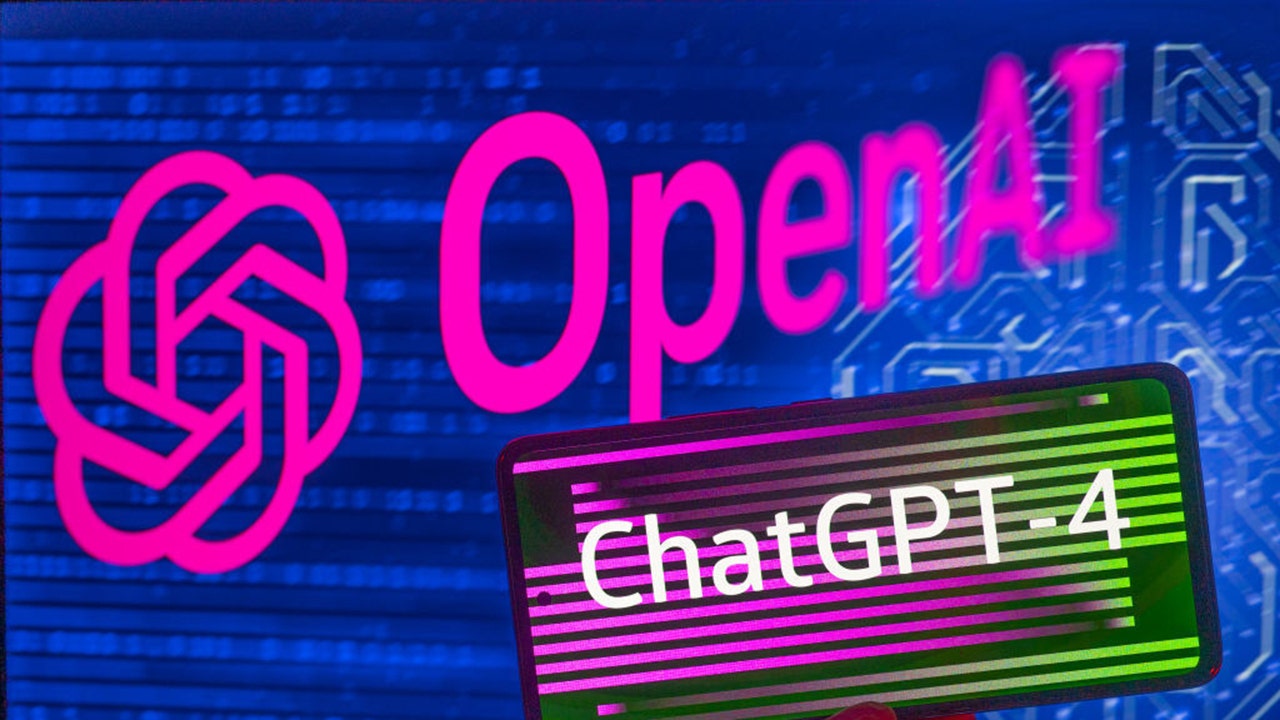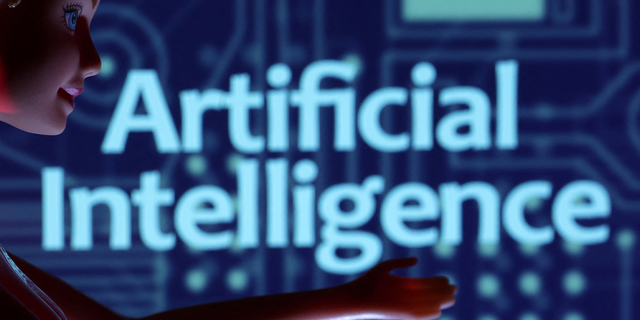
A recent experiment by a research group at BYU examined artificial intelligence How different demographics will vote in elections can be predicted.
The study, by a team of BYU political science and computer science professors and graduate students, examines how artificial intelligence can be used to replace human responders in survey-style research.
ChatGPT 4 displayed on a smartphone with the OpenAI logo on the background screen, Brussels, Belgium. (Jonathan Raa/NurPhoto via Getty Images)
To see if this is possible, the team tested GPT-3 modelwhich models the relationship between human thoughts, attitudes, and sociocultural backgrounds of different demographics.
In one experiment, researchers created artificial characters, assigning attributes such as race, age, ideology and religion. The team then tested using data from the American National Election Study (ANES) to see if their “personas” voted in the same way that people voted in the 2012, 2016 and 2020 US presidential elections.
AI could become ‘Terminator’, surpassing humans in Darwinian rules of evolution, report warns
Ultimately, the researchers found a “high correspondence” between how the AI characters voted and how the American public performed in those elections.
David Wingate, a professor of computer science and a co-author of the study, said he was “very surprised” by how accurately the experiments matched.
Remarkably, Wingate said, the algorithmic models were not trained “to do political science,” but to “hundreds of billions of words of text downloaded from the Internet.”
“[T]The consistent message we got was very much tied to how people voted,” he said.

The word artificial intelligence is seen in this illustration taken on March 31, 2023. (Reuters/Dado Ruvic/Illustration)
Another experiment produced highly similar patterns in human and AI responses to interview-style survey questions.
The team believes that the results of their experiment offer the prospect of researchers, marketers and pollsters designing better survey questions or “modeling hard-to-reach populations”.
“We’ve learned that artificial intelligence can help us understand people better,” said Ethan Busby, a professor of political science at Brigham Young University. “It’s not replacing humans, but it’s helping us study humans more effectively. It’s about augmenting our capabilities rather than replacing them.
“It allows us to pre-test our surveys and messaging, which helps us engage with people more effectively.”
Click here for the Fox News app
Results of the study, “In One: Using Language Models to Simulate Human Samples,” are published in the journal political analysis.








